Justice Amy Coney Barrett had pointed questions Wednesday about the law Donald Trump invoked to impose global tariffs, joining several other justices on the right and left in voicing skepticism about the president’s ability to use a tool he has deemed critical to carrying out his economic agenda.
Solicitor General John Sauer repeatedly argued during the lengthy two-and-a-half-hour oral arguments that the emergency law Trump used to enact the tariffs for nearly every U.S. trading partner contained language about regulating imports, which Sauer said included using tariffs. The relevant statute permits the president to "regulate … nullify [and] void … importation," but it does not use the word "tariff." Barrett pressed Sauer on this point.
"Can you point to any other place in the code or any other time in history where that phrase together, ‘regulate importation,’ has been used to confer tariff-imposing authority?" Barrett, a Trump appointee, asked.
SUPREME COURT PREPARES TO CONFRONT MONUMENTAL CASE OVER TRUMP EXECUTIVE POWER AND TARIFF AUTHORITY
Sauer noted one other trade law that had served as a precursor to the emergency law in question, but Barrett appeared unconvinced, repeating her question as Sauer failed to offer direct responses.
Justice Sonia Sotomayor, an Obama appointee, interjected, asking Sauer to "just answer the justice’s question."
Sotomayor at one point noted that no president has ever used the emergency law, known as the International Emergency Economic Powers Act, to impose tariffs, though Sauer argued that President Richard Nixon’s tariffs were used that way even if the IEEPA did not exist at that stage.
"It's a congressional power, not a presidential power to tax," Sotomayor said. "And you want to say tariffs are not taxes. But that's exactly what they are. They're generating money from American citizens, revenue."
The liberal justice noted that Congress has always used the phrase "regulate and tax" together, suggesting that the absence of any mention of tariffs or taxes in a law's language was deliberate and that Congress purposely did not grant that power to the president.
"Are you telling us that with respect to its use of ‘regulate’ in other statutes, the taxing reference is superfluous? They didn’t need to do that?" Sotomayor asked.
TRUMP ASKS SUPREME COURT FOR URGENT RULING ON TARIFF POWERS AS 'STAKES COULD NOT BE HIGHER'
Both Barrett and Sotomayor also drilled down on other verbs in the statute, underscoring the absence of tariff powers.
"To me, things like ‘nullify’ and ‘void’ have definite meanings. I agree with you that ‘regulate’ is a broader term, but those words, I think, are powerful," Barrett said.
Sotomayor was more blunt: "The verbs that accompany ‘regulate’ have nothing to do with raising revenues in the form of taxes."
The case has become one of the most closely watched of the term and has presented a novel question to the high court that Trump framed this week as "life or death."
"Our Stock Market is consistently hitting Record Highs, and our Country has never been more respected than it is right now," Trump wrote on Truth Social. "A big part of this is the Economic Security created by Tariffs, and the Deals that we have negotiated because of them."
Sauer told the justices that Trump views the trade deficit and opioid epidemic as "country killing and not sustainable" and that he has chosen to address them by using the IEEPA to impose tariffs. Sauer highlighted the success of the trade agreements Trump has made with top foreign competitors, like China, because of the president's tariff choices.
"Unwinding those agreements, [Trump] warns, would expose us to ruthless trade retaliation by far more aggressive countries and drive America from strength to failure with ruinous economic and national security consequences," Sauer said.
Sauer argued the emergency law gives the president the power to regulate importation and that "the power to tariff is a core application of that," even if not explicitly stated in the law.
In addition to the liberal justices and Barrett, other Republican-appointed justices conveyed skepticism, including Chief Justice John Roberts, who questioned how far presidential emergency powers go under the law.
"The exercise of the power is to impose tariffs, and the statute doesn’t use the word tariffs," Roberts said.
.png)
 2 hours ago
2
2 hours ago
2
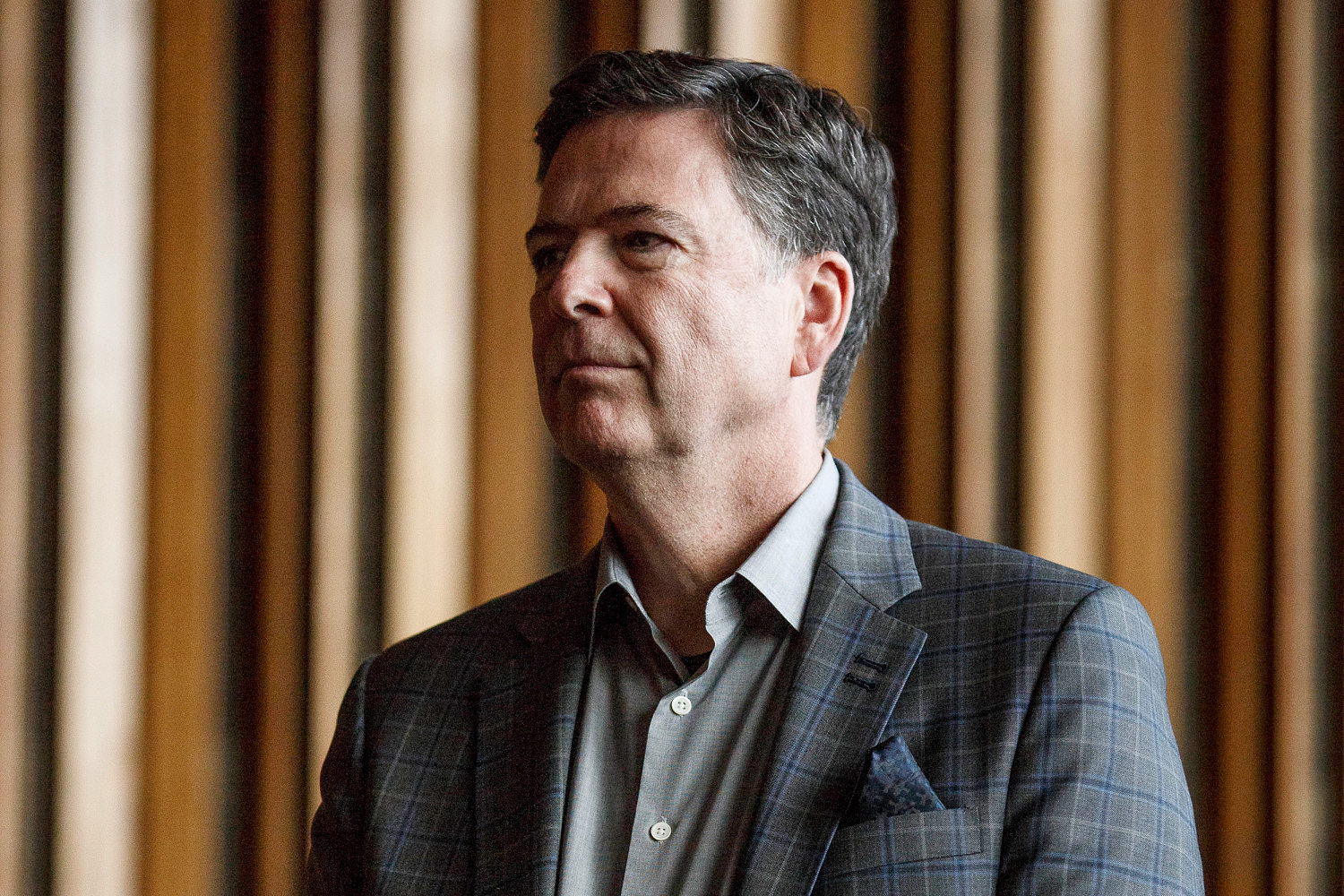
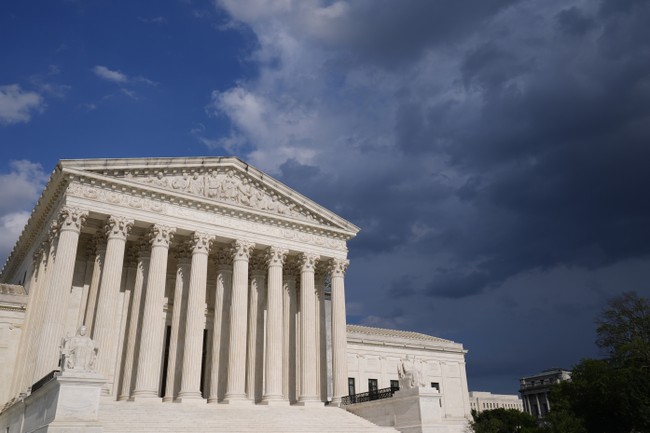
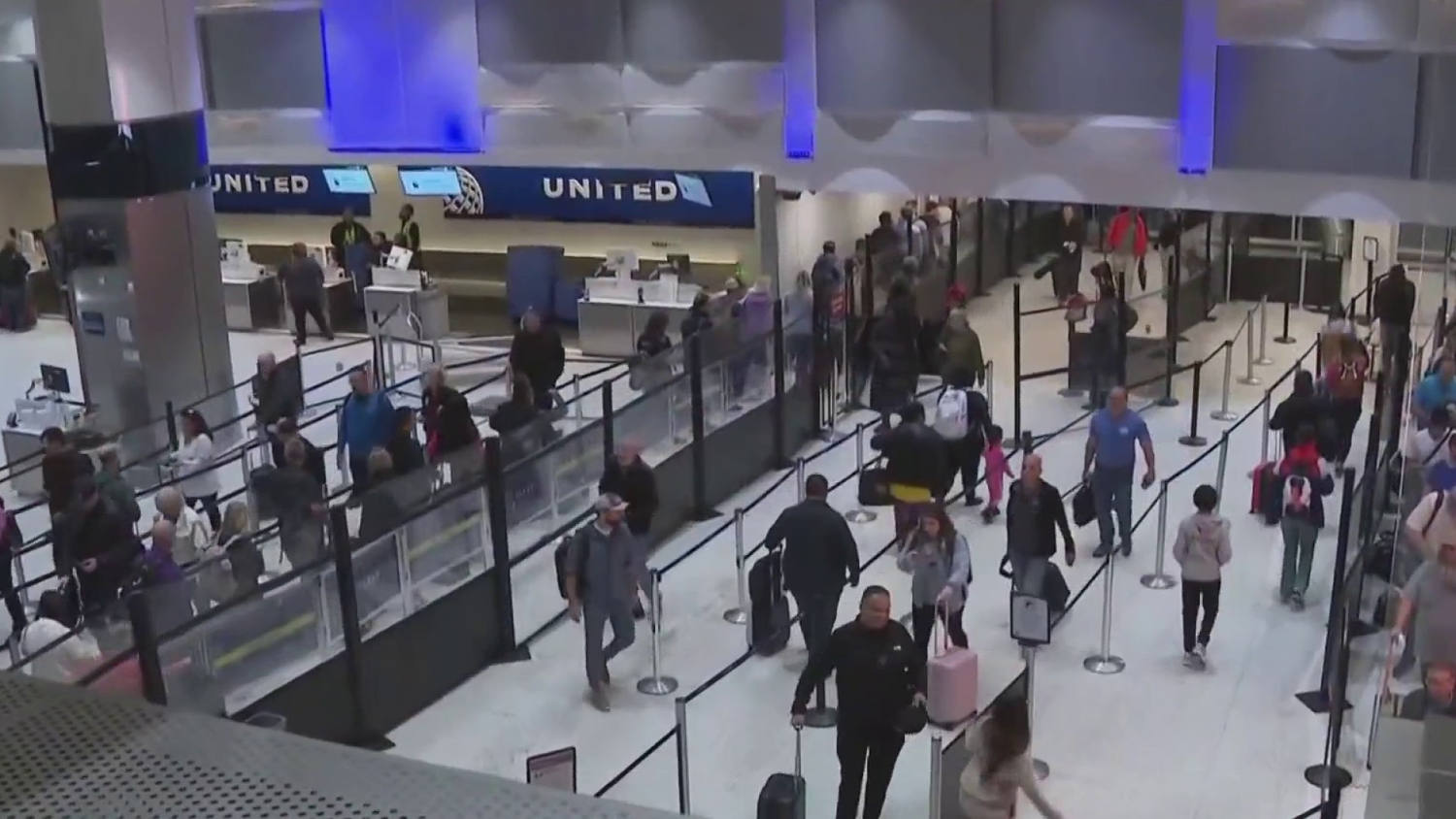





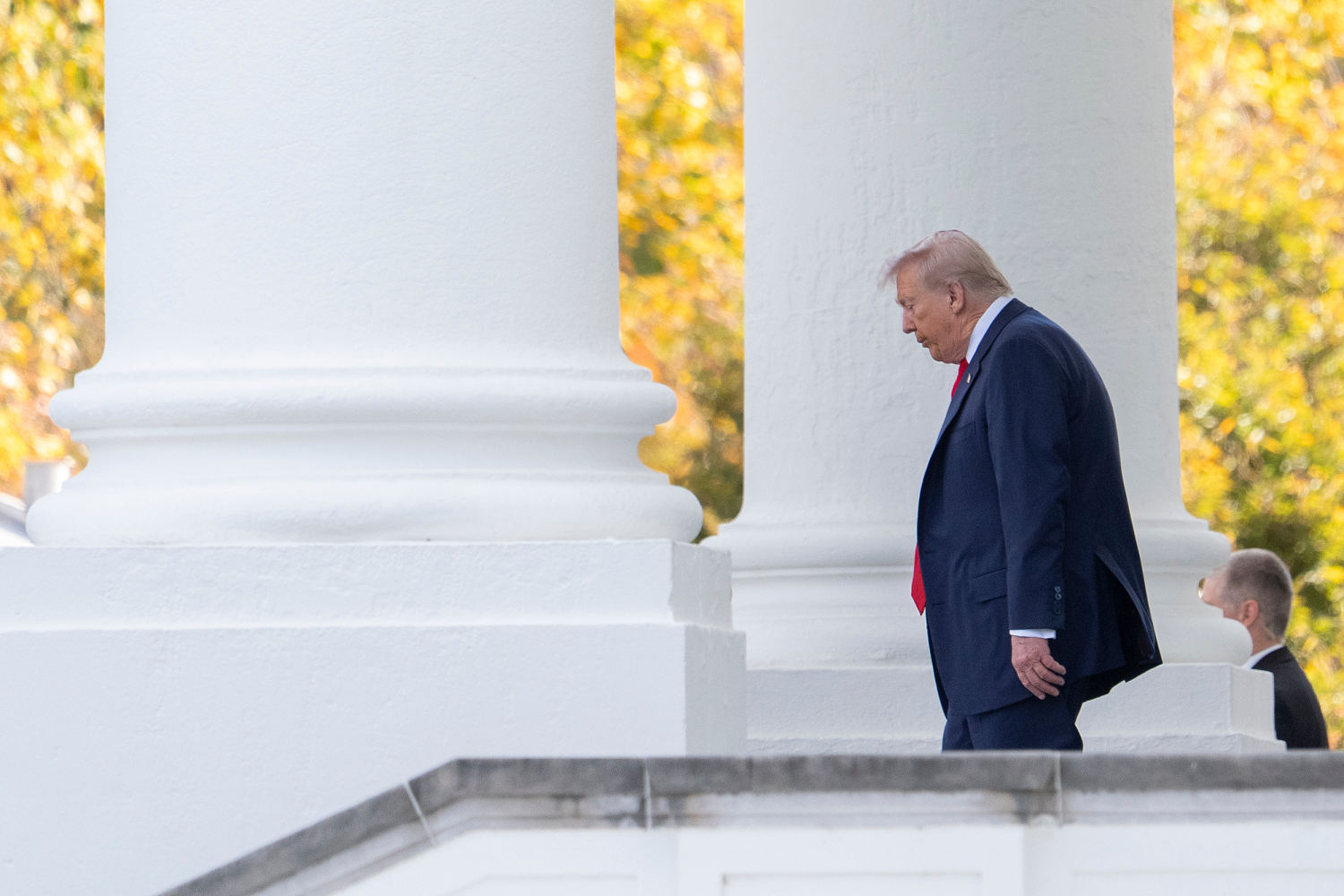



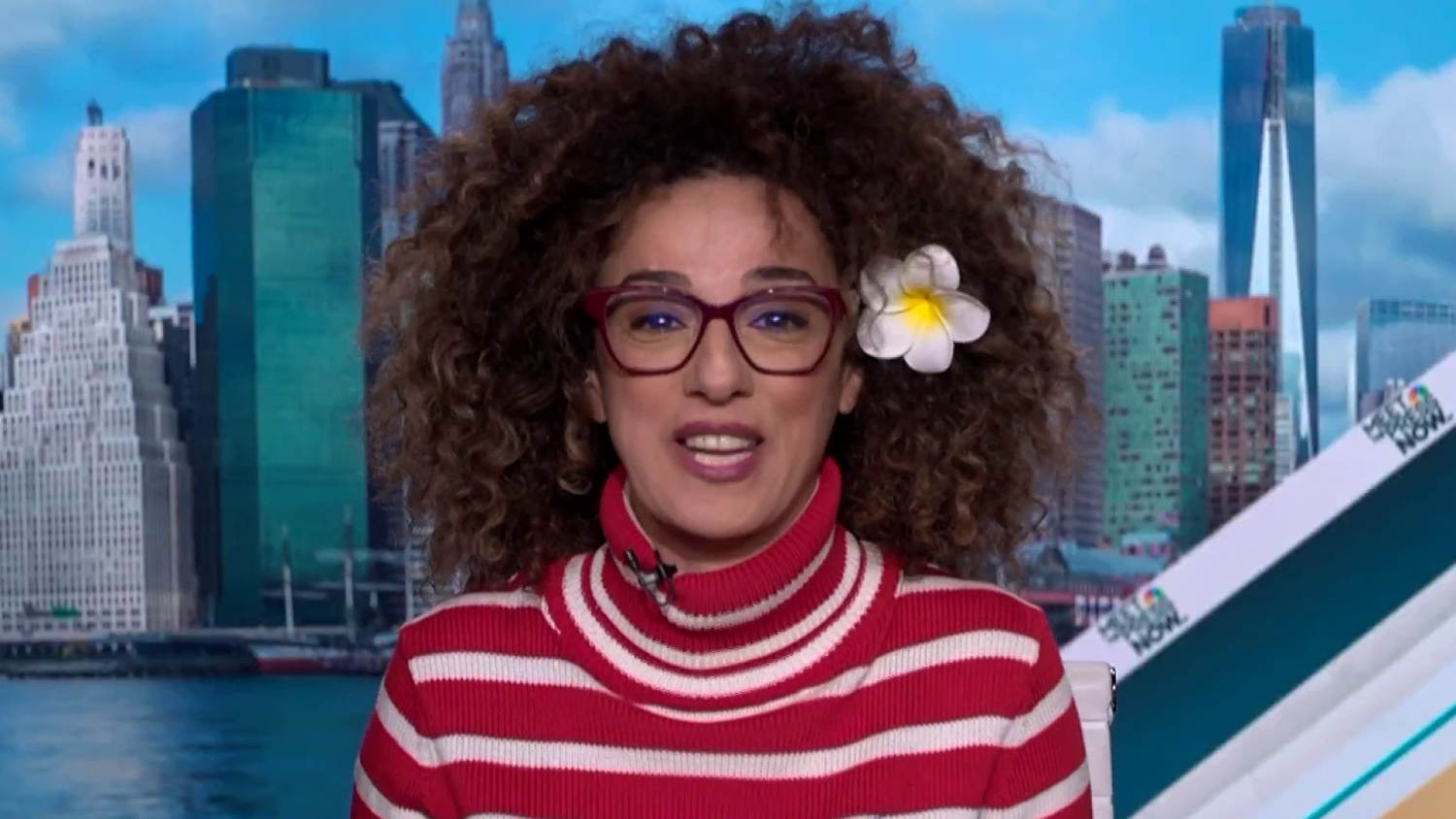


 English (US)
English (US)